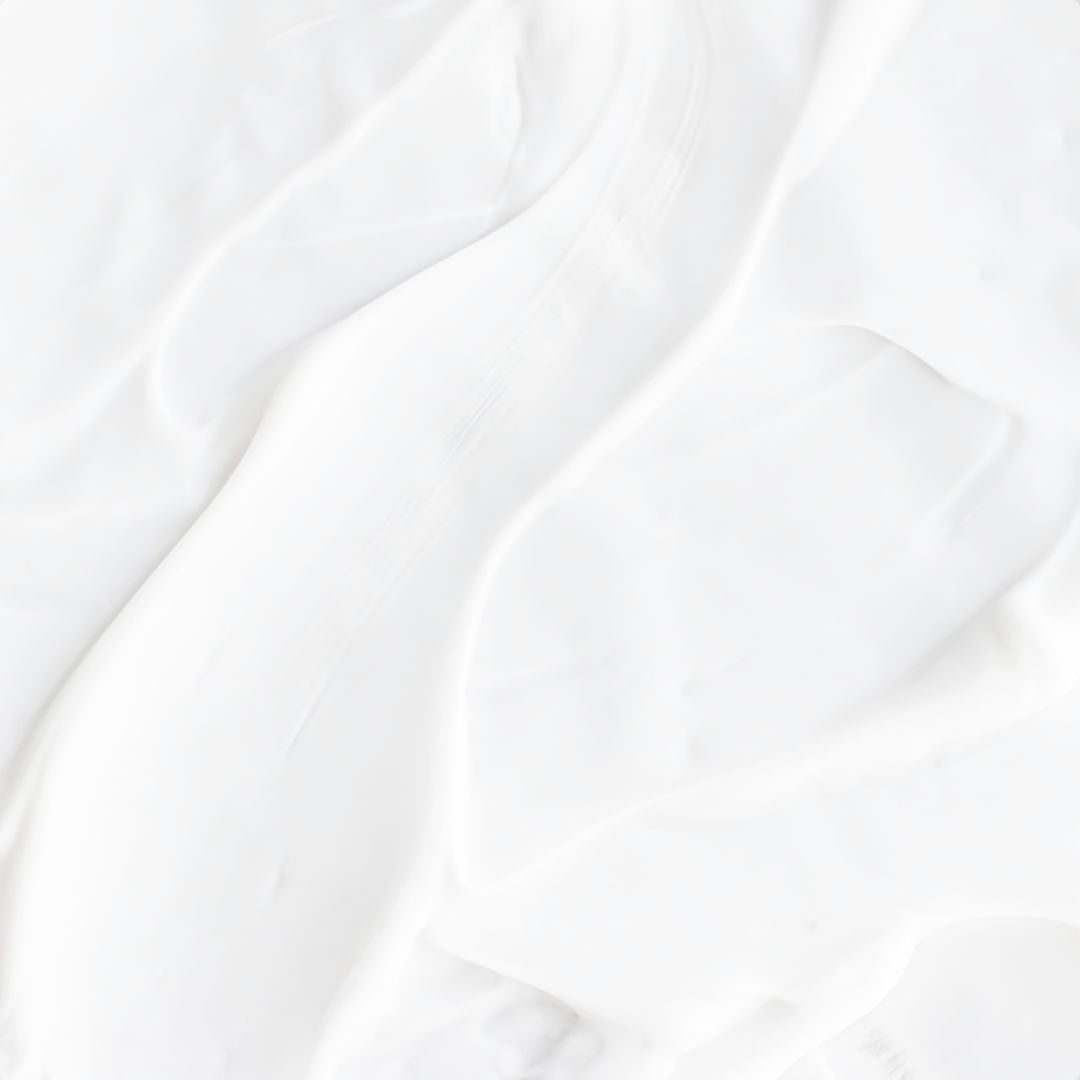Eczema is a skin ailment that causes dryness, itching, rashes, scaly areas, blisters, and skin infections, of which itchy skin is the most common symptom. The different types of eczema include atopic dermatitis, contact dermatitis, dyshidrotic eczema, nummular eczema, seborrheic dermatitis, and stasis dermatitis.
Eczema can strike at any age, from childhood to adolescence to maturity, and it can be moderate or severe. Eczema can strike newborn babies in the weeks and months following birth. Eczema in young children can cause dry, itchy skin, which can develop into blisters and skin infections if scratched excessively.
Many eczema sufferers use the term "flare-up" to describe a period of eczema in which they are suffering one or more severe symptoms. Moisturisers, antihistamines, topical and oral corticosteroids are some of the eczema treatments that dermatologists and healthcare experts commonly recommend.
The most prevalent type of eczema, atopic dermatitis (also known as "atopic eczema"), is caused by an overactive immune system, which causes the skin barrier to become dry and itchy. It is important to note that eczema is NOT an infectious skin condition, therefore, it isn’t possible to "catch it" from someone else.
While the specific cause of eczema is unknown, experts do know that it is linked to a combination of genetic and environmental factors. Many eczema sufferers also experience hay fever, allergic asthma, and food allergies in addition to their dermatitis. In order to prevent and control eczema, proper and consistent skincare is required.
Caring For Your Eczema-prone Skin
The most crucial function of any eczema therapy is to keep itching under control. An itch that a patient scratches may be the initial symptom of an eczema eruption as scratching activates nerve endings in the skin, causing inflammation, which develops into a visible rash and causes more itching. Therefore, managing eczema breakouts begin with controlling the itch.
Managing the itching will, ultimately, aid in the prevention of skin damage. Skin infections are common in patients with eczema, according to the American Academy of Dermatology (AAD). This is because it is difficult to keep eczema rashes from becoming infected, as bacteria can penetrate the skin through cuts, scrapes, and other open wounds. In fact, there is an increasing number of eczema sufferers who are infected with staph and other pathogens due to an open wound infection.
When it comes to putting together an eczema skin-care routine, "hydration" is the keyword. We know that the skin barrier in eczema isn't working properly, therefore, it's critical to keep the skin hydrated. The other key term here is "soothing." Look for products that are designed exclusively for dry, sensitive and eczema-prone skin. Fragrances, whether natural or synthetic, are commonly known triggers that can worsen eczema. The AAD recommends choosing products labelled "fragrance-free" over "unscented" ones, which may have a concealed aroma that can irritate your skin.
How Moisturising Helps
According to the AAD, an eczema-friendly moisturiser can play a critical part in your skin-care routine, not only by relieving some of the discomforts of dry skin but also by promoting skin healing. Using a skin-respecting moisturiser may help to prolong the time between each eczema flare-up, reduce the total number of flare-up, and reduce your need for topical corticosteroid creams. In mild eczema cases, using a suitable moisturiser can sometimes have a steroid-sparing effect.
Between eczema flare-ups, the use of a gentle moisturiser can also help prevent dry skin and protect the skin's top layer from the elements. Ceramide-containing barrier creams have been demonstrated to be very effective in investigations of patients with atopic dermatitis. For example, a study published in the journal Dermatology and Therapy in July 2020 discovered that ceramide-containing moisturisers provided continuous moisturisation for those with eczema, allowing for fewer reapplications throughout the day.
Conclusion
When caring for sensitive or eczema-prone skin, moisturisation is key. At Kansoskin, we have created the Simply Better Barrier™ moisturiser to provide hydrations and relief for even the most reactive and sensitive skin. This low pH moisturiser is designed to be compatible with your skin’s natural pH, allowing it to effectively nourish and protect your skin for all-day comfort and care. Suitable for daily application, SBB™ applies and absorbs elegantly on your face, hands and body to keep your skin feeling fresh and comfortable all day.
Need more tips to care for your dry, sensitive, or eczema-prone skin? Get in touch with us here.
All You Need To Know About Eczema
Posted by kansoskin Team on




